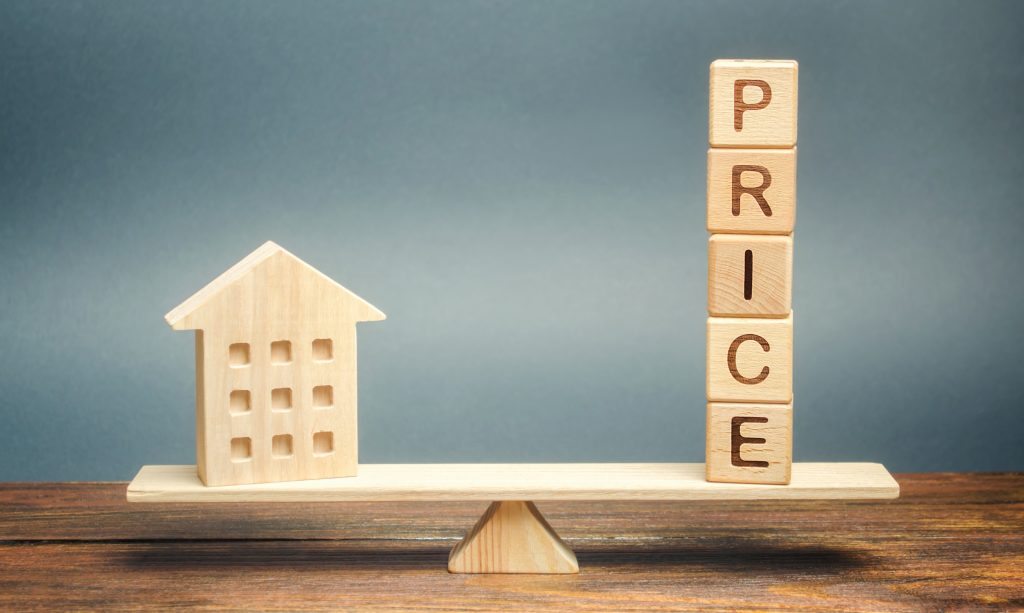Advances in information technology, artificial intelligence, and algorithms have given rise to a number of online home valuation tools. Most major online real estate databases have some tool or another, but they all seem to give varying estimates of the same property. This raises quite a few questions from many of our sellers, including “How do they work? Are their estimates accurate? Is there a better alternative?”
How Do They Work?
Every tool has its own algorithm and criteria by which it filters its estimate. For example, Zestimates®, the assessment tools used by leading real estate marketplace Zillow, are perhaps some of the most useful starting points to help you obtain an independent, unbiased assessment of what your home might be worth in today’s market.
Zillow cranks out Zestimate home valuations for close to 100 million homes across the country. Its platform utilizes millions of statistical and machine-learning models, reviewing hundreds of data points for each individual home. To calculate one Zestimate, Zillow uses a sophisticated algorithm, incorporating data from county and tax assessor records with direct feeds from hundreds of multiple listing services and brokerages. The Zestimate also factors in features unique to the home, like:
Square footage, geographic location/proximity, and the number of bathrooms and bedrooms.
Selling-points like hardwood floors, granite countertops, or a landscaped backyard.
On-market data, including listing price, description, comparable homes nearby, and the days they’ve been on the market.
Off-market data, including tax assessments, prior sales, and other publicly available records.
Are Their Estimates Accurate?
The Zestimate’s accuracy is computed by comparing the final sales price to the estimate published by Zillow on or just prior to the sale date. It also depends on the location and availability of data in an area. Some areas have more detailed home information available; others do not. The more data available, the more accurate the Zestimate value will be. For San Francisco, for example, Zillow has valuation data for over eight thousand homes, 86% of which fell within 10% of the final selling price.
Besides providing a relatively accurate valuation, some online services allow homeowners to update their home’s facts and features and modify results. Reporting all updates to your local tax assessor is also recommended. Bear in mind though: home improvements can increase your property taxes. Reporting them to your tax assessor only makes sense when you are ready to sell, and only if the upgrades are significant enough to raise your home’s value and/or offset the increase in property taxes.
Is There A Better Alternative?
Zillow’s valuation tool, as well as the others out there, are only that – a tool. They are not a firm appraisal nor a method to arrive at a set price. For that, further research is required in the form of a Comparative Market Analysis (CMA).
A CMA is an evaluation of a home’s value based on similar, recently sold homes (called comparables or “comps”) in the same neighborhood. The similarity is key since it gets you closest to an apples-to-apples comparison. Comparable homes should be in the same or similar neighborhood, have the similar square footage, number of bedrooms, bathrooms, features, and upgrades.
Many home sellers make the mistake of looking only at the property prices listed by online tools and assume those are realistic comps. However, those numbers may be inflated based on the sellers’ hopes of what they’ll rather get in reality. A CMA looks only at recent sales, thus painting a much more factual and realistic portrait of what your selling expectations should be.


